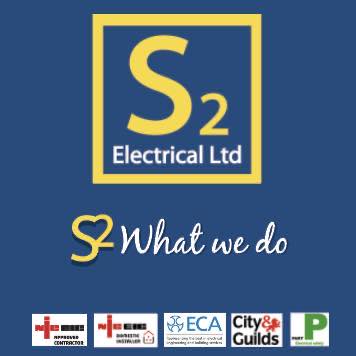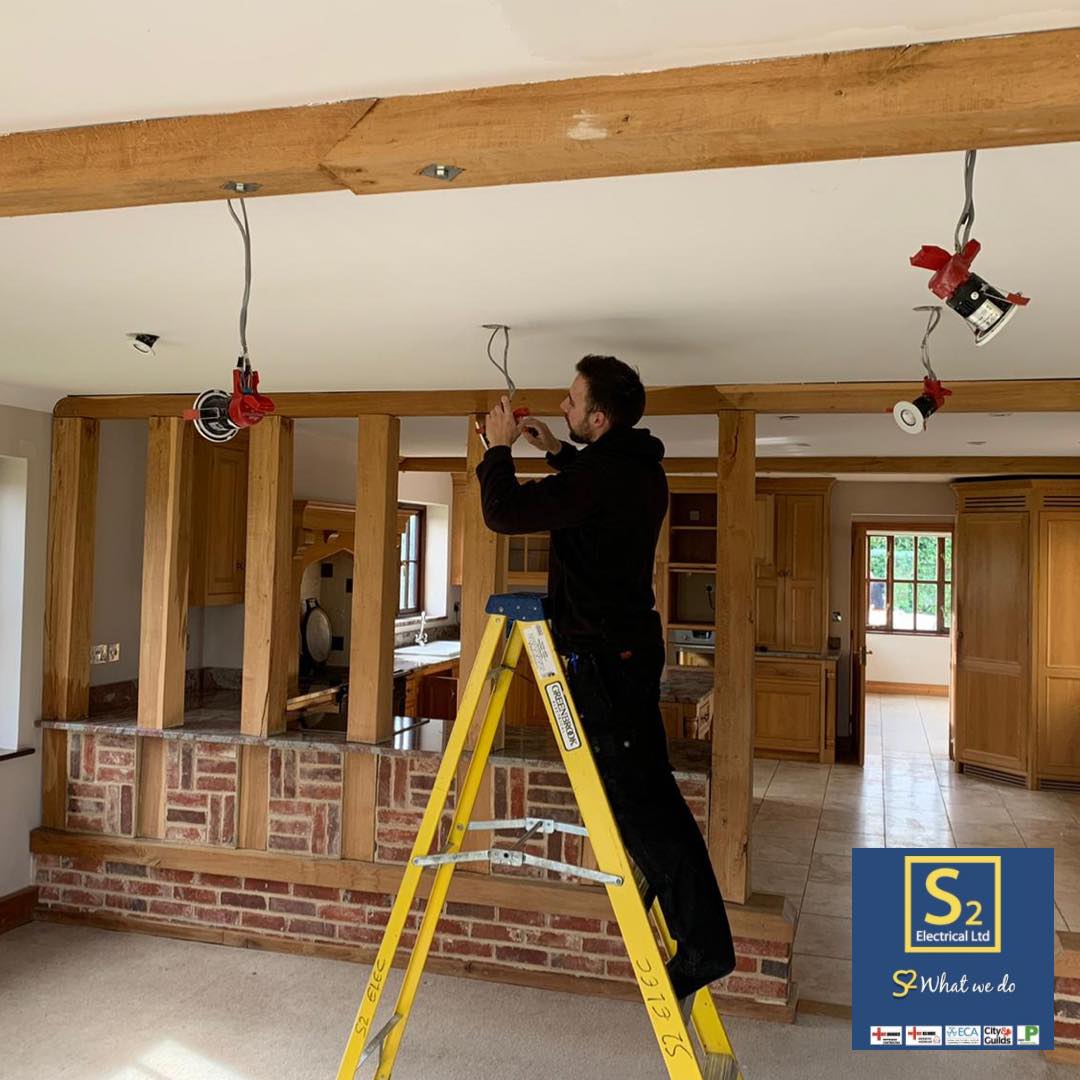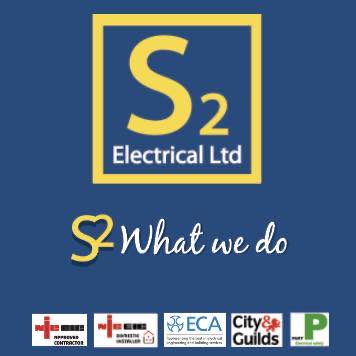Mandatory five-year electrical safety check regulations to be enforced in England
office@s2electrical.co.uk
The Government has proposed detailed regulations for enforcing mandatory five-year electrical safety checks in the private rented sector from July this year.
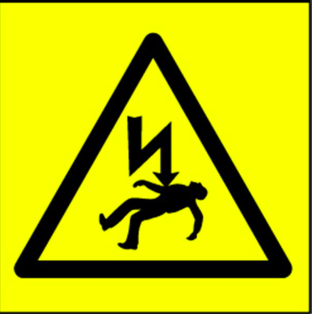
The Government has proposed detailed regulations for enforcing mandatory five-year electrical safety checks in the private rented sector from July this year.
The Electrical Safety Standards in the Private Rented Sector (England) Regulations 2020 were laid in Parliament yesterday. They require approval from both the House of Commons and the House of Lords before they come into force.
New requirements for mandatory electrical safety checks
The draft regulations propose that, from 1 July 2020, all new private tenancies in England will need to ensure that electrical installations are inspected and tested by a qualified person before the tenancy begins. The landlord will then need to ensure that the installation is inspected and tested at least every five years – and more often if the most recent safety report requires it.
For existing tenancies, an electrical safety test will need to be carried out by 1 April 2021, with regular tests following this as outlined above.
The regulations will apply to all properties across the private rented sector, including houses in multiple occupation (HMOs), although lodger arrangements where the tenant shares accommodation or amenities with the landlord or their family are excluded. These regulations will replace the existing requirements for HMOs regarding electrical installation testing and inspection.
A ‘qualified person’ for the purposes of these regulations is a person competent to undertake the inspection and testing required and any further investigative or remedial work in accordance with the electrical safety standards.
Local authorities can impose a financial penalty of up to £30,000 for a breach of the regulations. Where there are multiple breaches, the local authority can impose multiple penalties.
Read more: http://bit.ly/35WthBF

‘In a world where you can be anything...#BeKind’ 💙 It’s such a sad tragedy, and we were all shocked by the news of what happened to Caroline Flack. It’s a vast reminder of the devastation that is caused to families on a daily basis. Here the S2 Electrical team are standing together wearing Keith Lemon @kilclothing #BeKind T-shirt’s, all proceeds from these T-shirt’s have gone to raise money for the Samaritans. For more information on the amazing work the Samaritans do, or if you are looking for any support, please go to samaritans.org or call them directly on 116 123.
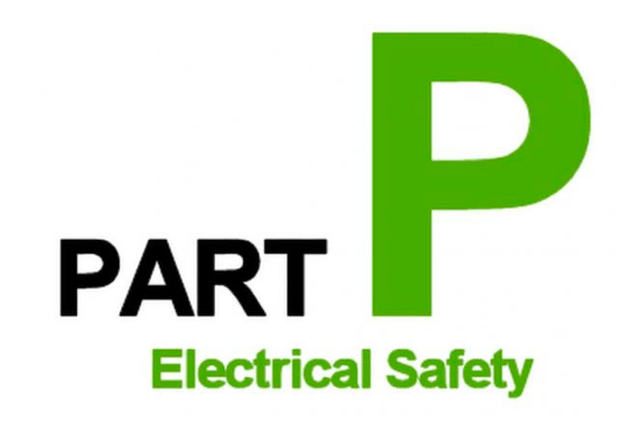
The Part P requirement is that: “Reasonable provision shall be made in the design and installation of electrical installations in order to protect persons operating, maintaining or altering the installations from fire or injury.” In short, electrical installations must be safe! Part P of the Building Regulations applies to fixed electrical installations in dwellings (including gardens and shared amenities in blocks of flats, and any building that shares its electricity supply with a dwelling). Many of the typical jobs undertaken by electrical contractors are affected by Part P. Under Part P you should ensure that such works are notified to and inspected by building control bodies. Work needs to be inspected by the local authority Building Control department in order to ensure it complies with the Building Regulations. A straightforward way of meeting the requirements is to use a contractor who is registered with a competent person scheme such as NICEIC. Competent persons schemes were set up with approval from the government to assess contractors to a common standard. Once contractors have registered with a scheme they can self-certify their work as being compliant with Building Regulations, saving you the time of doing it yourself through the local authority. We are proud to be Part P regulated. #S2WhatWeDo
